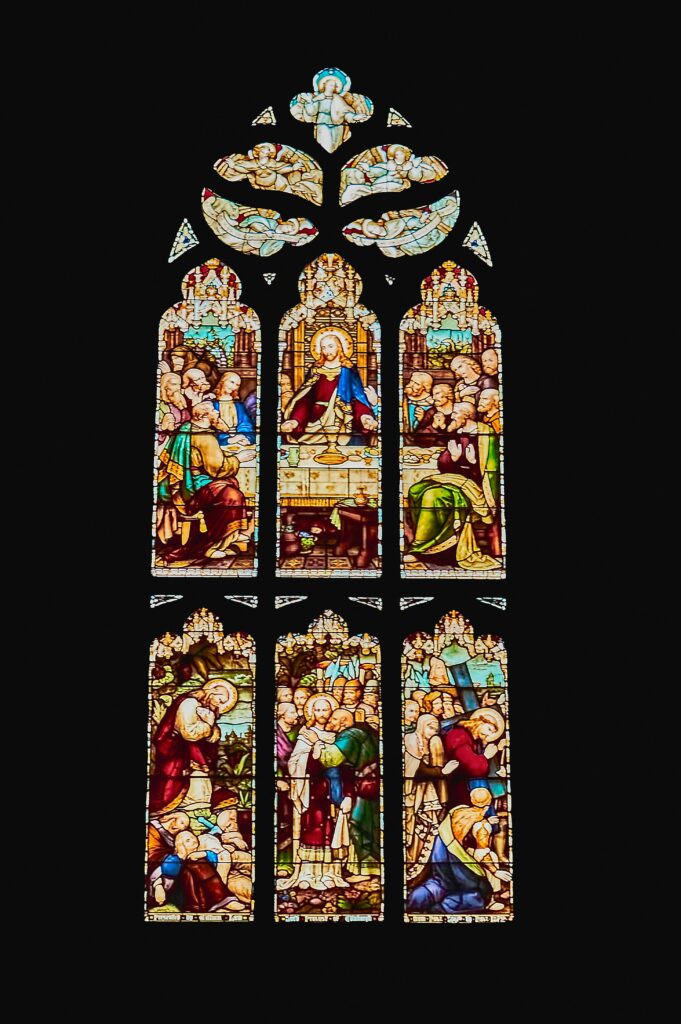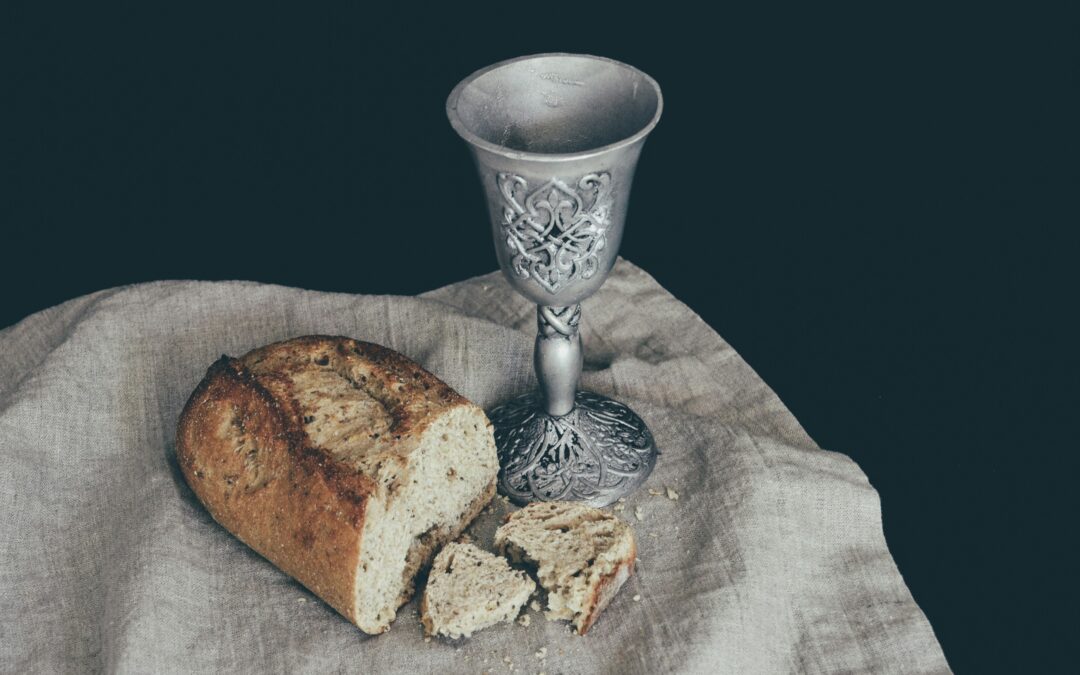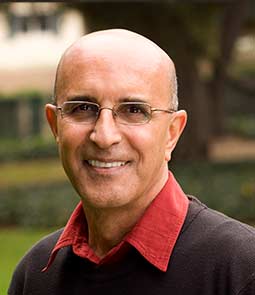We were at a mega-church on a communion Sunday. The worship was spectacular, the announcements rivaled something out of Hollywood, and the pastor preached eloquently for more than an hour. As he began to dismiss the members, he looked over, saw the communion table, and remembered that he had forgotten it was communion Sunday. Without missing a beat, he told the audience, “Take your cup and the cracker and have communion on the way out.”
Once, one of my early Christian teachers told me, “Preaching is the crown of a church service.” If this is so, and the one who does the crowning of the service is the preacher, one should not fault the above pastor for believing that his 90-minute preaching was more important than the sacrament of the Eucharist. However, this was not the practice of the early church.
According to Robert L Wilken, in his book, The Spirit of Early Christian Thought, the early church service consisted of two chief parts: a series of biblical readings sprinkled with prayers and psalms followed by a brief discourse by the one instructing believers to imitate those noble things. After that, the church celebrated communion when consecrated bread and wine were distributed to the faithful. In other words, communion played a much more significant part for the early believers. As Justin Martyr would say, in the Eucharist, the assembly members receive a living person, Jesus Christ.
I am NOT here to have a theological debate on the meaning of the Eucharist. Many more educated people have done that. However, for the last year or so, while studying the Patristics (Church Fathers), I began to wonder what if communion is more than a meal commemorating something that took place more than 2000 years ago. What if we partake in the sacrament believing that “it makes present what took place in the time past, and in this way, it moves us as if we were actually watching our Lord hanging on the cross,” as Augustine says?

So, last Sunday, this is how we conducted our service at our virtual church. When it was time for communion, I prayed over the elements, consecrating them by offering prayers and thanksgiving to the best of my ability. Then, I invited each participant to receive the liturgy as a celebration of the presence of the living Christ. Afterward, we shared our experiences.
Although we were in six different countries, overwhelmed with the presence of God in our midst, we spent the following hour listening to each other’s experiences and rejoicing in the faithfulness of our Savior.
By the way, I did not crown the service with my preaching. The living Christ did that with his presence.



Recent Comments